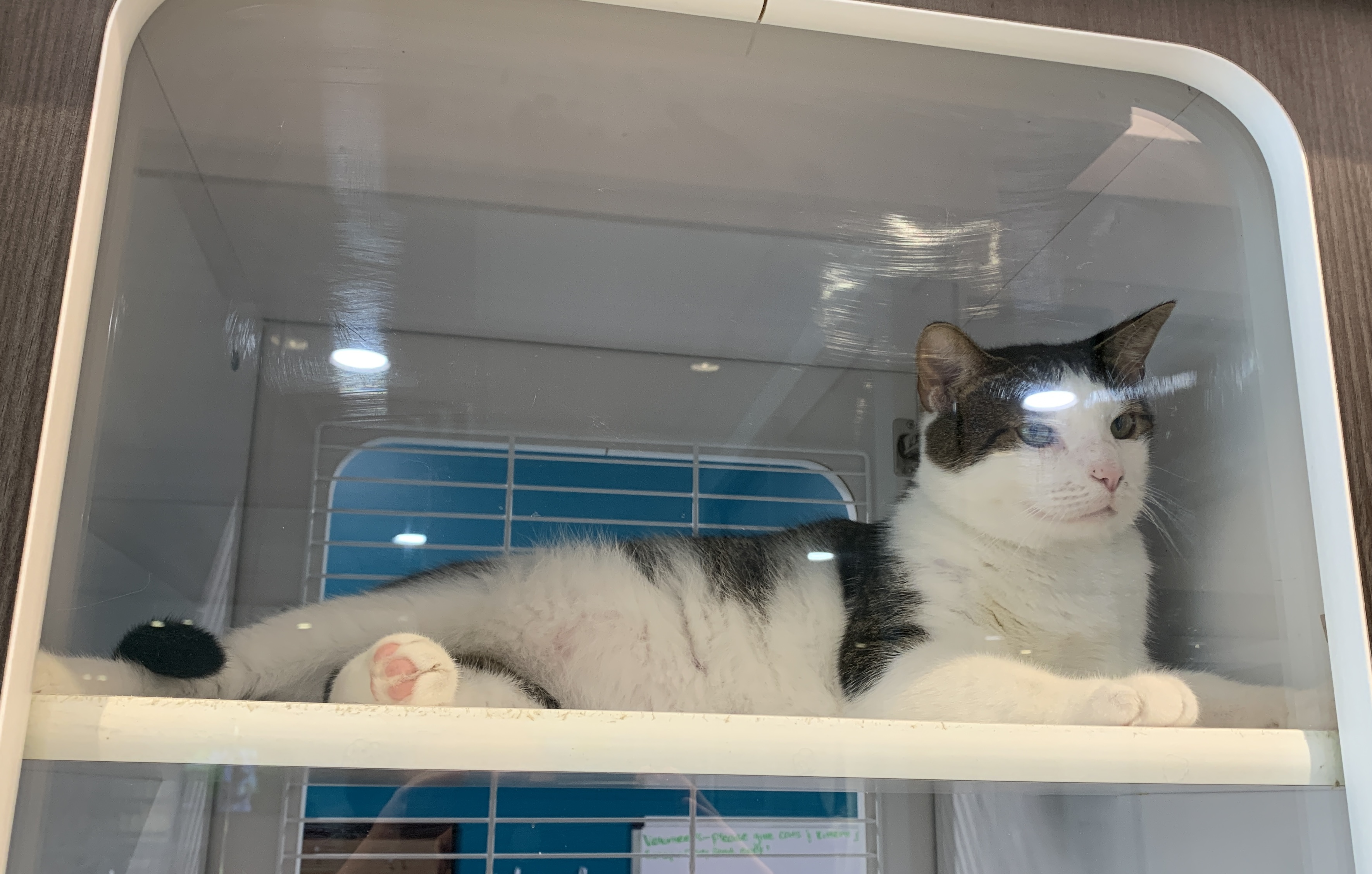It’s a quarter till 10 p.m. You’ve been up since six this morning, and on your feet since eight. You’re a pharmacist, pulling the second of back-to-back 14-hour shifts at a big retail store. Now, as your long shift winds down and you get ready close the pharmacy to the public, there’s more to do. You still have an hour’s worth of paperwork to wade through, plus the 45-minute drive home.
This is reality for many pharmacists and other healthcare workers, who need to be mentally sharp from the time they clock in until punch-out. Some rely on cognitive-enhancing pharmaceuticals, such as Adderall, to stay on their A-game.
Victoria, a pharmacist who asked that her real name not be used, is one such professional.
“Basically, I use it for energy, because my job—I have to remain focused for extended periods of time,” said Victoria, who works near Atlanta. “It’s very hard to do that when your job is so mentally intensive—not necessarily physically, but mentally—strenuous.”
Adderall is a combination of two stimulants that help balance out-of-synch brain chemicals in people diagnosed with attention deficit hyperactivity disorder, and for a smaller number with narcolepsy. But when people with normal brain chemistry take Adderall, they feel not just normal, but way better than normal. Victoria feels her memory and concentration improve and finds it easier to stay focused on mundane tasks.
Adderall, Ritalin and several other medications are lumped together as “performance-enhancing drugs,” and their use in the workplace is controversial. Although doctors have been prescribing these drugs for decades, scientists still don’t know much about how they work for people with normal brain chemistry.
“We don’t have a lot of information on that classification because a lot of those [medications] are non-prescribed,” said Dr. Merrill Norton, clinical associate professor at the University of Georgia College of Pharmacy. Prescriptions written by doctors are easy to track; drugs obtained under false pretenses, or bought on the street, are not.
Although Victoria doesn’t have ADHD or narcolepsy, she asks her doctor to prescribe Adderall so she can use it at work. This “off-label use” is common among individuals with no medical need for these drugs but whose jobs or lifestyles demand peak function at all times. They also ask doctors for beta blockers, which lower blood pressure, and eugeroics, drugs that promote wakefulness.
Low doses of beta blockers, such as Inderal, damp down the fight-or-flight response, making it possible to appear confident during a big presentation to a roomful of executives. And the military uses eugeroics, including Provigil, to help exhausted soldiers remain alert and perform their best on lengthy missions. Provigil has also been a staple to keep shift workers going when they can’t get enough sleep due to erratic work schedules.
People in high-demand jobs get these drugs from various sources. One reason Victoria gets an off-label prescription from her doctor is that she wants to be monitored on a regular basis. She has lupus, a progressive autoimmune condition, and she wants to make sure the Adderall isn’t adversely affecting her overall health. Other users obtain their medications from colleagues, drug dealers, or the Internet. People in health-related professions sometimes forge prescriptions, or write prescriptions for themselves (if they’re licensed to do so).
No one really knows how many working professionals use performance-enhancing drugs. Back in 2008, the editors of Nature surveyed their readers—who are mostly scientists in academia or industry—to discover whether they used drugs for cognitive enhancement. One-fifth of the 1,400 people who replied said they did, with Ritalin the most commonly used drug.
Also in 2008, the National Survey on Drug Use and Health found that 12.3 percent of Americans between the ages of 21 and 25, and 8.5 percent of all respondents age 12 and older, used stimulants for nonmedical reasons.
Since then, researchers have scrutinized how college students use drugs like Adderall and Ritalin, both to treat medical problems and to improve performance. But scant research has been done on working professionals.
“When it comes to the workplace and these demanding jobs,” said Norton, “especially as you try to compete and go up the ladder, a large percentage [of people] will at least abuse some sort of medication in order to enhance that performance.”
Norton says that half of Americans believe “I have the right to use anything, anytime, anywhere, and I’m going to do that.” Of that half, 89 percent abuse some form of medication, and 11 percent require addiction treatment.
Even people who don’t turn into addicts run the risk of adverse effects, says Dr. Randy Tackett, professor and graduate coordinator at the UGA College of Pharmacy.
“The real issue that you worry about with these drugs, when you’re not really treating a disease state, is that every drug you take basically carries a risk with it,” said Tackett. “For example, if someone had pulmonary problems and began taking a beta blocker, that could exacerbate the pulmonary problems.”
Tackett worries that people striving for a competitive edge, or just trying to keep up, will pay a price in the long run.
“With the drive that they’re pushing their bodies with, there’s going to be a toll,” said Tackett. Long-term use of performance-enhancing drugs may set the stage for later health problems, or there may be serious interactions with other prescription medications.
It can be hard to take the long view, however, when you’re running to stay in place.
“You have to be able to maintain that concentration to be able to perform the job to the best of your ability,” said Victoria, the pharmacist. And to get through a 14-hour day, Adderall is the way she does that.
By Sandra McGill







